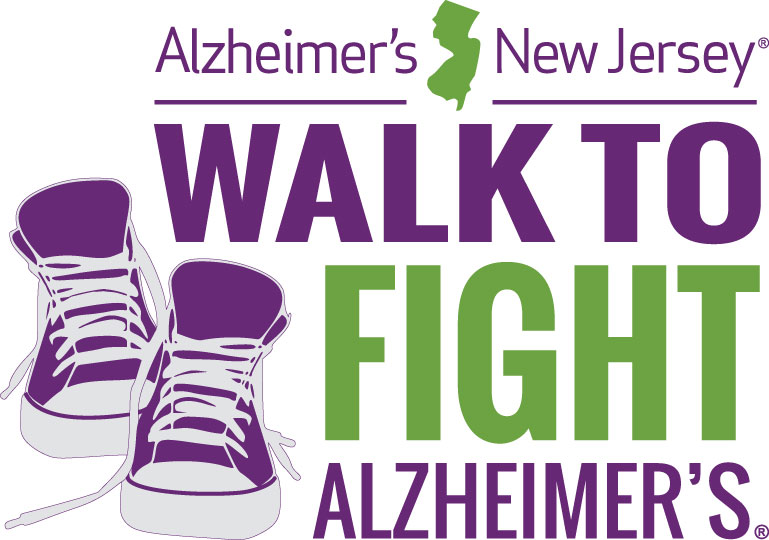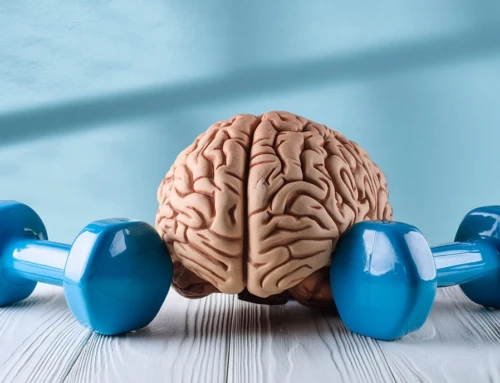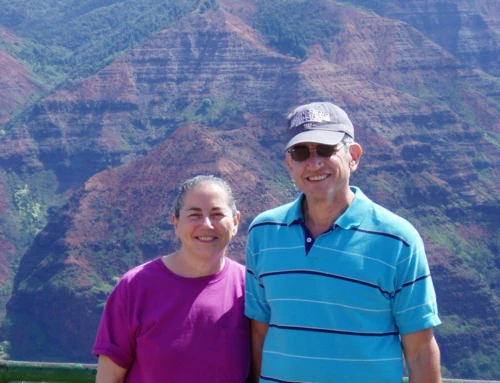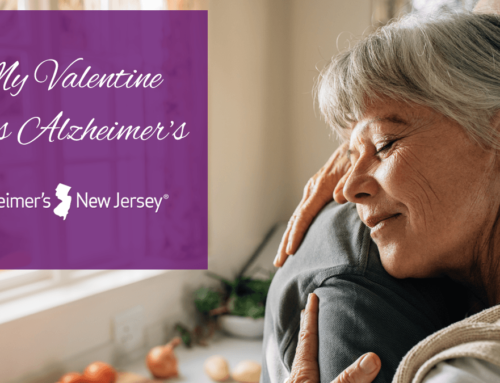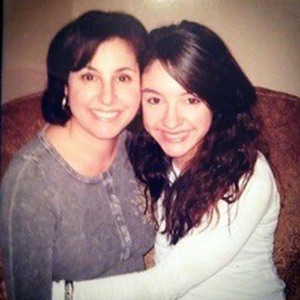 My mom was such a lively and outgoing person, turning strangers into friends anywhere she went. She was like a superwoman; involved in everything her three daughters did like dance and art classes while she also worked part-time as a dental hygienist. Mom was the captain of our ship.
My mom was such a lively and outgoing person, turning strangers into friends anywhere she went. She was like a superwoman; involved in everything her three daughters did like dance and art classes while she also worked part-time as a dental hygienist. Mom was the captain of our ship.
When mom started having trouble finding the words she wanted to say, we knew something was wrong. Later, in addition to her word finding problems, she started having difficulty remembering where things were or how to do small tasks around the house.
As a family, we could no longer brush off and overlook these changes. My mom went to her doctor for cognitive testing. In 2009, she was diagnosed with Early Onset Alzheimer’s disease. She was only 52 years old. I was 12.
My family and I did everything we could to support mom at home for seven years after her diagnosis. We went along with her thoughts and her reality as much as possible, but as her disease continued to progress, her joyful spirit changed to agitation, confusion, and anger. We needed and found additional support through a live-in caregiver and eventually moved mom into a long-term care facility. This past September, my mom passed away peacefully in her sleep with her loved ones at her side. We were her voice and advocates throughout her entire Alzheimer’s journey.
Being so young when mom began her Alzheimer’s journey, it has taken me a lot of time to process and accept her disease. Like many teens and young adults, I had a tough time understanding all the different emotions I was feeling – those that normally come with growing up and trying to fit-in with peers and manage relationships – and those related to helping my family care for my mom. While some tried, my friends had no idea what my life was like.
It was hard for me to understand how a disease could completely change everything that made mom who she was. I often thought, this woman looks and sounds like my mom, but my mom as I knew her was slipping away. I felt consistent grief from the day my mom was diagnosed, not just when she passed. I lost a piece of her every day.
To honor my mom, I now feel inspired to spread awareness about the day-to-day battles that young adult caregivers face when a loved one is living with Alzheimer’s disease. I want to help other young adults know that there are indeed peers close in age who are experiencing the same feelings and thoughts that they are and that they are not alone. That is why I am sharing my story.
Until I connected with Alzheimer’s New Jersey®, I always felt that Alzheimer’s disease is something no one really feels comfortable talking about. Alzheimer’s New Jersey® has so many resources to help individuals and families manage this journey the best way possible including the Helpline, caregiver support groups, respite care scholarships, and Walk to Fight Alzheimer’s®. It is clear that Alzheimer’s New Jersey truly cares for those living with Alzheimer’s and their families. I have seen this support and dedication firsthand from the staff.
Caring for a loved one living with Alzheimer’s disease can be isolating, frustrating, and discouraging. But knowing there is an organization like Alzheimer’s New Jersey provides such a sense of comfort, solidarity, and hope. I truly thank Alzheimer’s New Jersey for all that they do to help families better cope with the uphill battle that is Alzheimer’s disease.
Andrea Simpson
Ann Marie Simpson (Mom)
According to a 2017 UsAgainst Alzheimer’s publication, Millennials and Dementia Caregiving in the United States, overall millennial caregivers accounted for almost one out of four caregivers for those with any infirmity (24%) and one in six (15%) of all millennial caregivers assisted someone lining with Alzheimer’s or other dementia.
As the incidence of Alzheimer’s disease continues to grow and more young people find themselves in caregiving roles, Alzheimer’s New Jersey will be here with resources, information and guidance so they do not have to face this journey alone.

